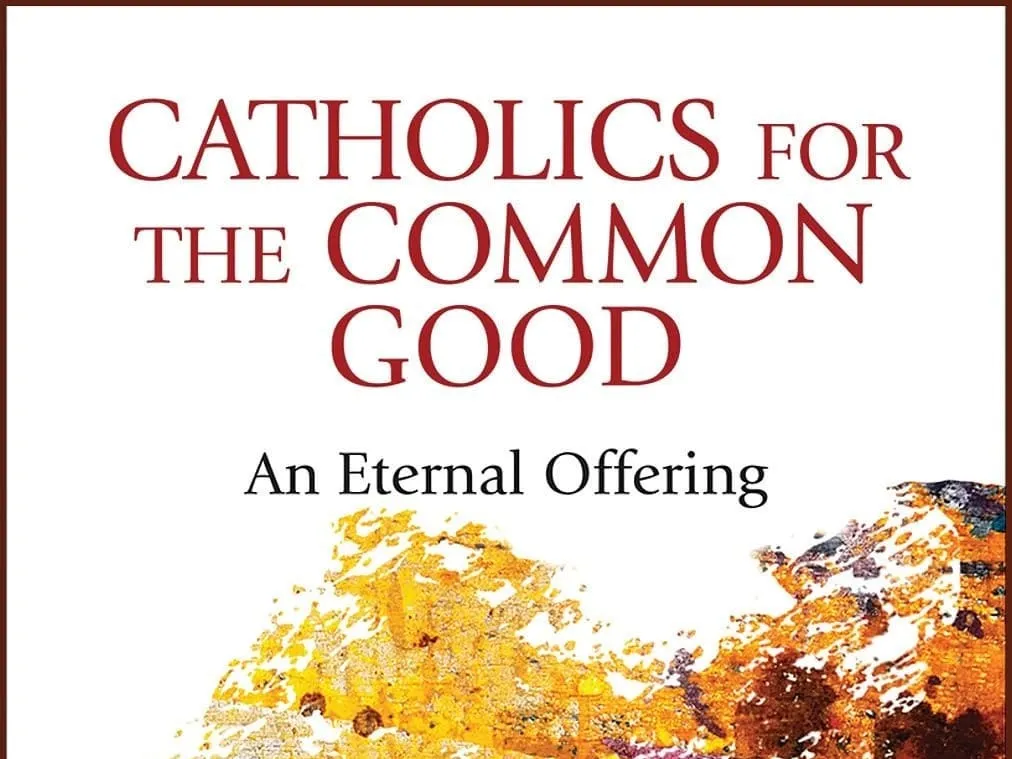“All Black women are exhausted.”
These poignant words ebbed from the lips of Naomi Ackie, playing the lead role in last year's would-be blockbuster “Whitney Houston: I Wanna Dance with Somebody,” which disappointed at the box office and left critics largely indifferent. It would appear that viewers were somewhat exhausted as well.
Having finally seen the film this weekend, I am not surprised at the tepid reaction. Though the material of Whitney Houston's life provides ample material for a compelling tale of superstardom turned tragic, the film instead opts for spectacle at the expense of a refined storyline.
When the film was still yet unreleased last fall, I recall reading a comment on the trailer saying—jokingly—that it appeared director Kasi Lemmons was less aiming to tell a compelling story of Houston's meteoric rise to fame and fall from grace, and more seeking to center a film around Houston's most iconic outfits. (And to be sure, she had more than a few.)
What “I Wanna Dance with Somebody” does well is tell the lesser-told side of Houston, covering her rise to fame as a well-heeled, Catholic-educated, somewhat tomboyish star in a burgeoning age of glittery pop queens, and her battle to defend her identity as a Black musical superstar who didn’t fit stereotypes and was often hard to categorize. Indeed, the Houston depicted in the film wasn’t concerned at all with glimmering dresses and visual appeal, ironically enough.
“I just want to sing,” she said or intimated at various points throughout the film.
As a younger millennial, I knew only a certain version of Whitney Houston, mostly spanning her turn from chart-topping album-making to blockbuster filmmaking during the 1990s, through her mid-career successes and on to her tragic death in 2012. A singer myself, I was always enraptured by her ability to capture audiences and a moment with a powerful, even theatrical vocal mastery.
Much of the film’s early portions were concerned with the lesbian relationship of Houston's youth and young adulthood, which was in many ways obscure to people like myself, who came of pop-music age after Whitney had become associated with Bobby Brown. Only after her death did I learn of her earlier lover Robyn Crawford, who features prominently throughout the film (played by the show-stealing Nafessa Williams).
Brown, too, features heavily in the film, though not as the drug-providing nuisance he was once known as in the real-world media. The film seems to take great pains to absolve him of this particular evil, though not of various others. Houston's character at one point tells Brown (Ashton Sanders) explicitly that he is not to blame for her addiction.
That element, and others like it, made the film ever so tidy, tying up loose ends that many Houston fans and onlookers likely wondered about in her final years and beyond. The resolutions did not always feel genuine, however, and at times seemed quite rushed.
To that point, the pacing of the film overall was disappointing, as even the hefty 150-minute runtime seemed hardly enough to tell well all the things Lemmons wanted to. Entire eras of Houston’s 35-year career were reduced to one or two shots. Moreover, several scenes which appeared primed for knockout moments from the strong supporting cast—Stanley Tucci and Clarke Peters, in particular—instead became short flourishes that reeked of a missed opportunity.
Perhaps due to the film's PG-13 rating, Whitney's infamous and fatal drug addiction in particular felt lightly touched and casual. What’s more, many more positive elements of her life that many fans would regard as iconic were glossed over or omitted entirely.
Unfortunately, one of the curiously omitted themes was Whitney's faith. Though the movie starts out with back-to-back scenes depicting Houston singing gospel in church with her mother, Emily “Cissy” Houston, the locale and genre do not appear again at any point in the film—despite the fact that some of Whitney’s biggest hits during her 8-year Hollywood hiatus were in fact spiritual tunes. (“The Preacher’s Wife” soundtrack is the best-selling gospel album of all time, after all.)
Instead, the film presented a more or less antagonistic stance on religion, or rather the Christianity of Houston's upbringing and adult life. Instead of, say, the story behind her 1998 chart-topper “When You Believe” with Mariah Carey, Whitney's most notable religious moment of the film was her unceremonious rejection of her girlfriend Crawford with a Bible verse condemning homosexuality. It would appear all religion was good for in the film was a stepping stone to a singing career and a bludgeon for use by the characters under their worst impulses.
Ultimately, the film opted to cover all the bases of Houston's tumultuous life rather than sticking to any one theme in particular to maximize dramatic impact. It was not, as one might assume, the proverbial “Oscar bait”—and indeed received no such nominations.
I will admit that the film gathered itself together by its close to nearly jerk a tear, though it’s anyone’s guess whether that was due to good filmmaking or my personal attachment to one of the great singers of all time. (Rolling Stone’s recent Top 200 debacle managed to do well in putting Houston at #2.)
If “I Wanna Dance with Somebody” is still showing where you are this Black History Month and you haven’t yet made the plunge, give it a shot. It’s no “Ray” or “Straight Outta Compton,” but it’s nevertheless a charming look at one of music’s finest talents at her best and at her most challenging.
Nate Tinner-Williams is co-founder and editor of Black Catholic Messenger and a seminarian with the Josephites.











